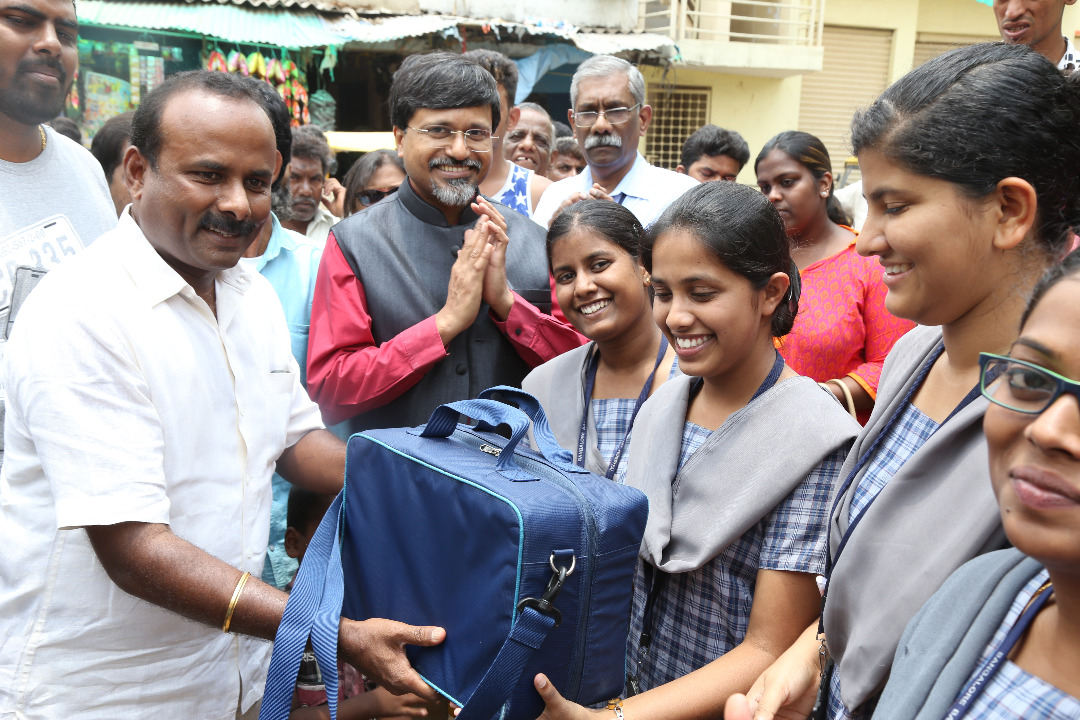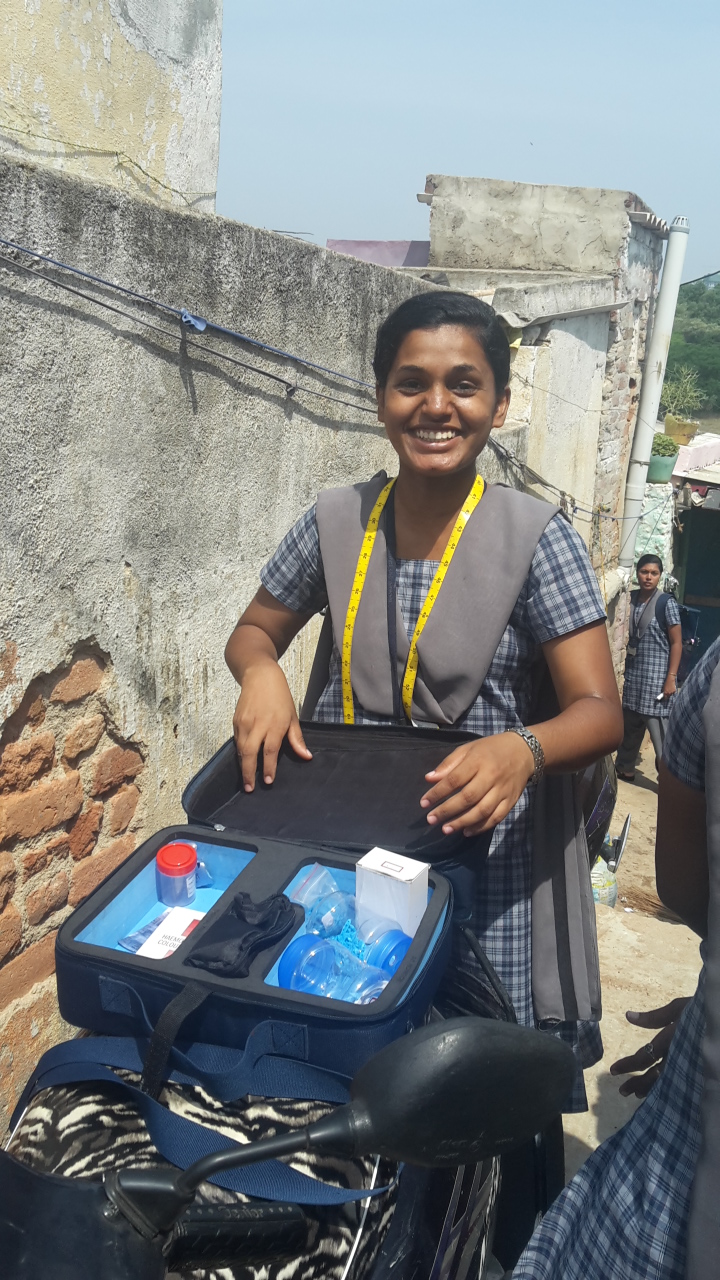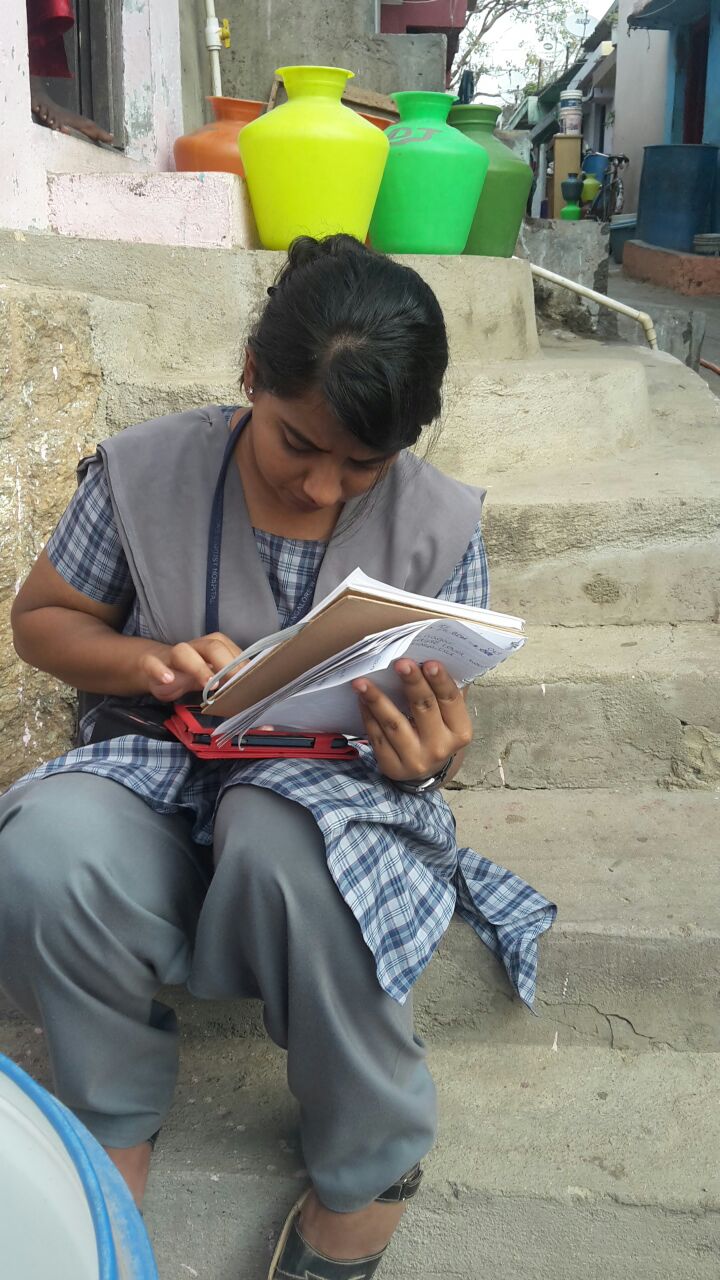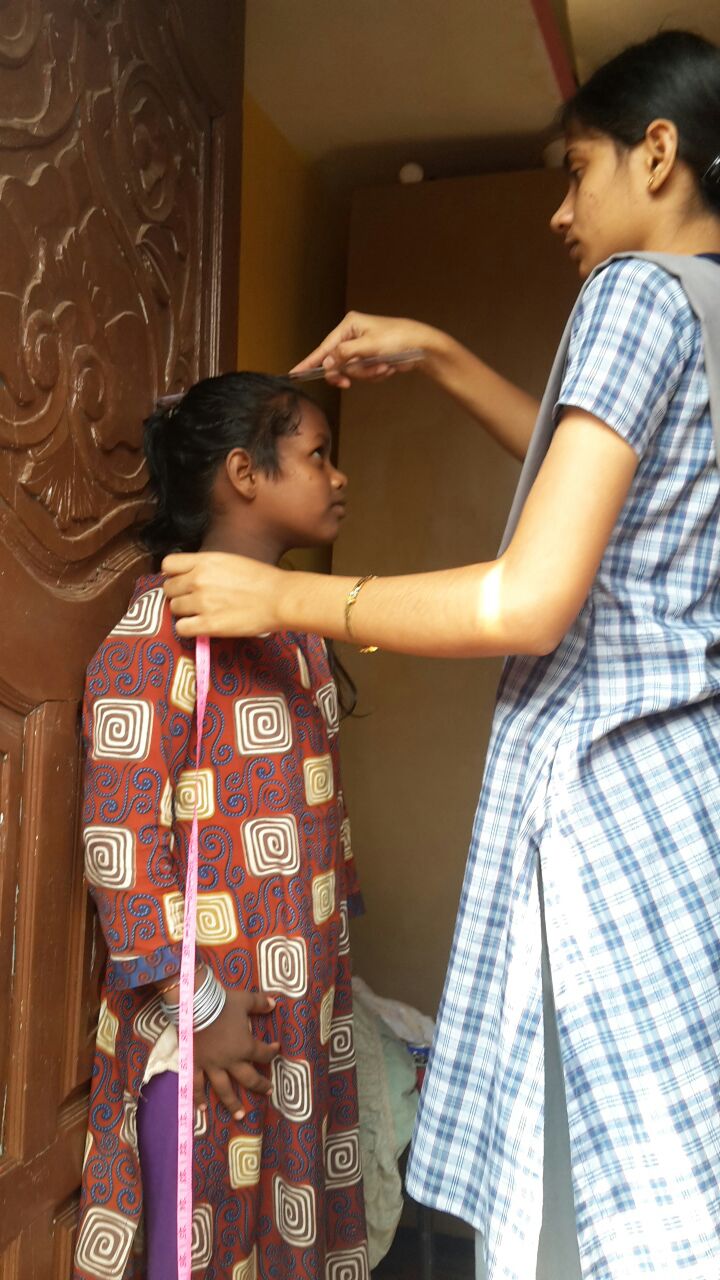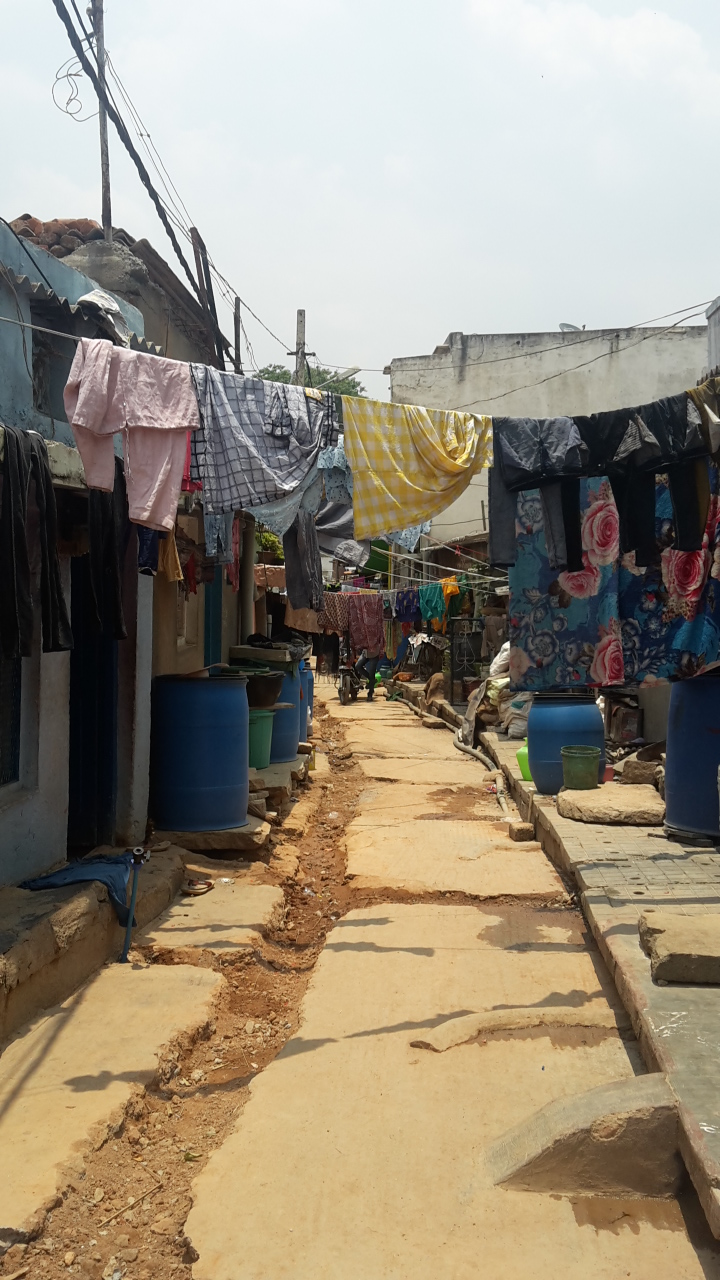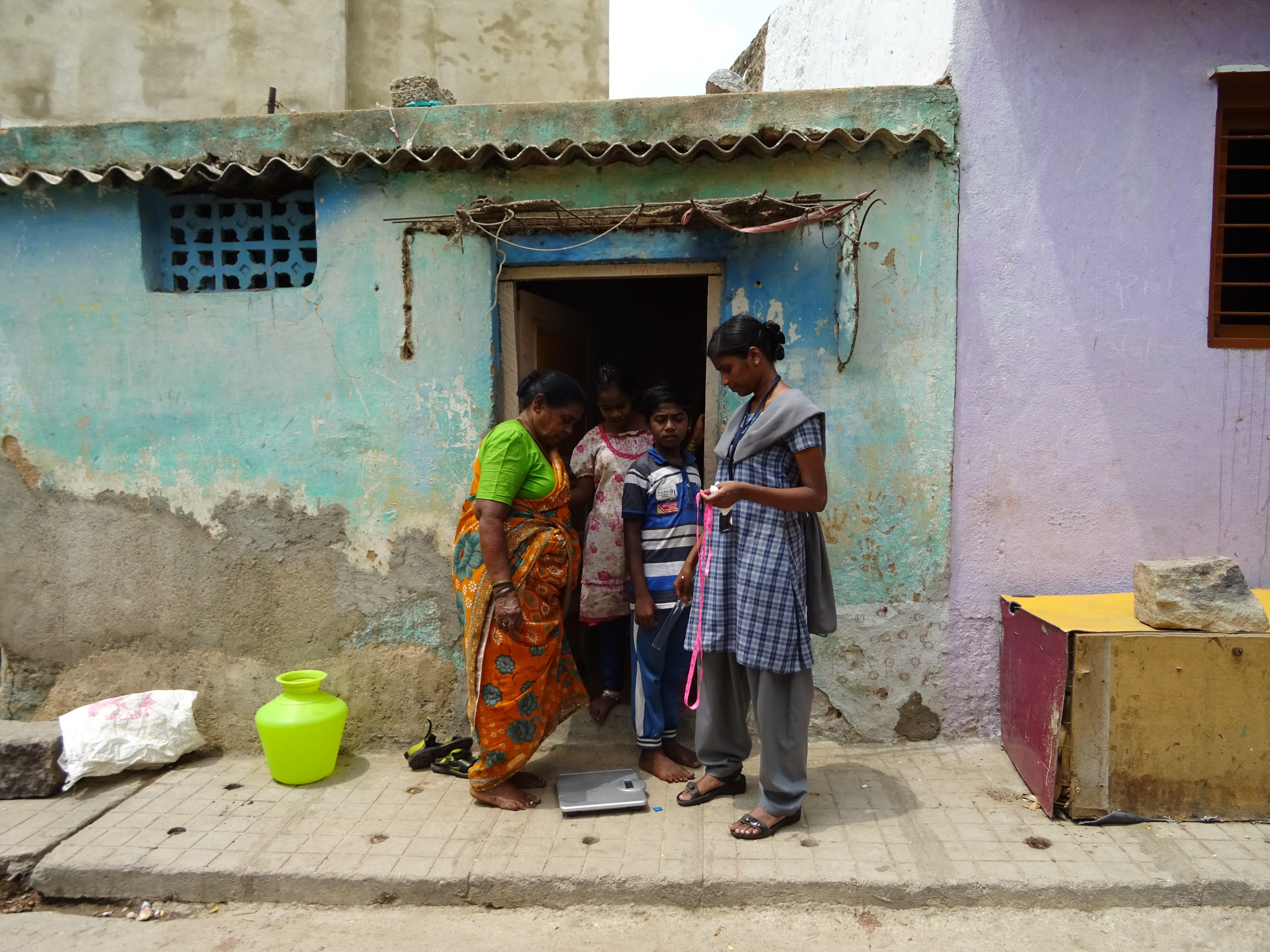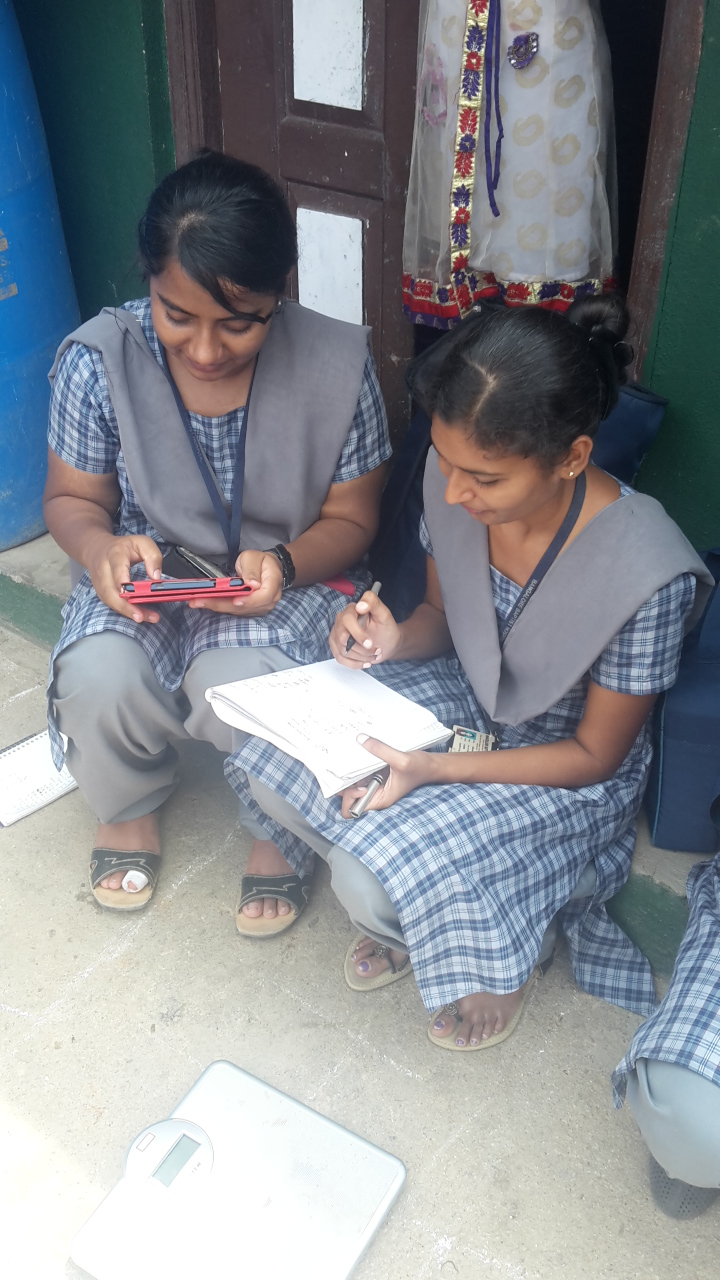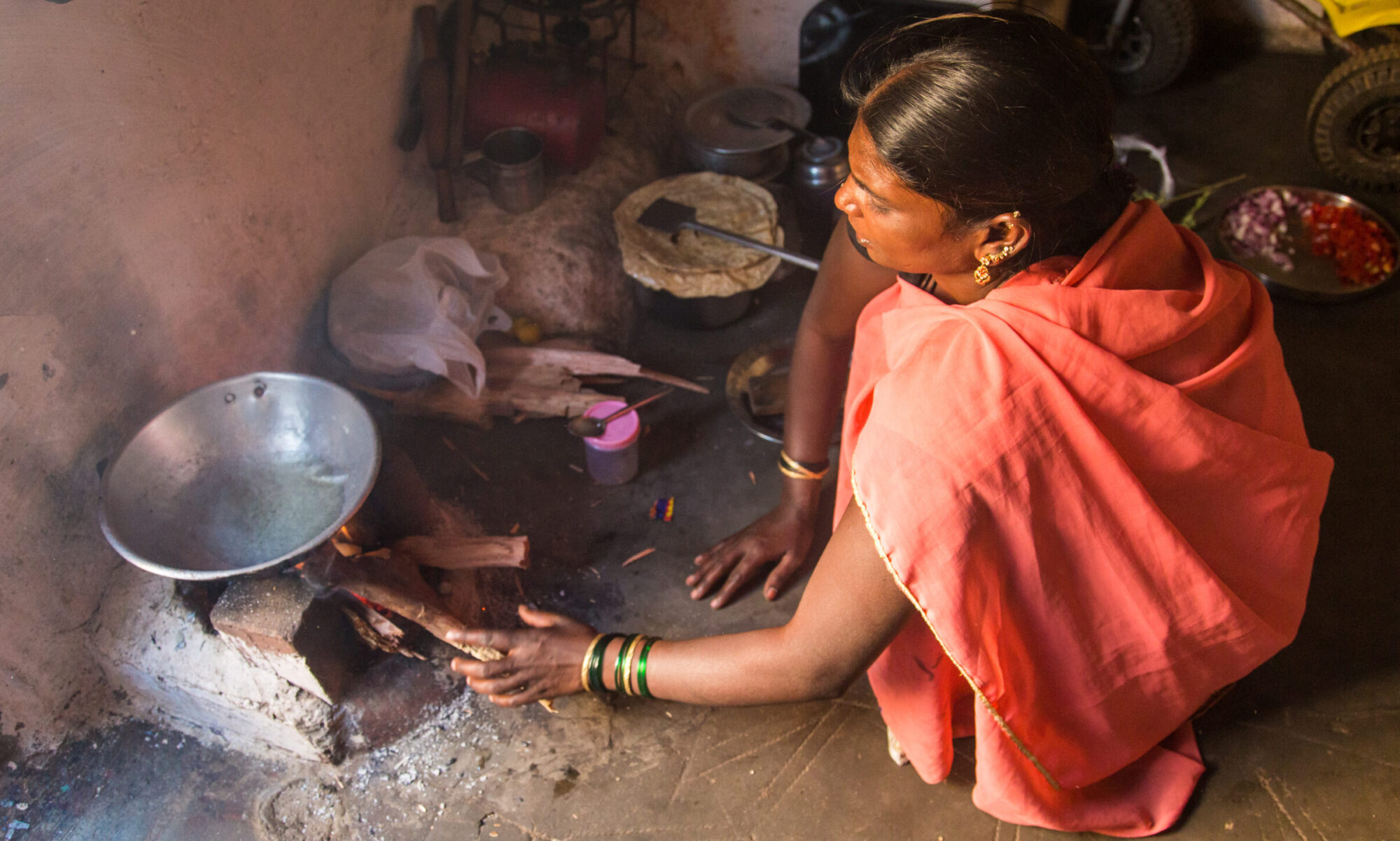Toolkit for Health Urban Lives in Slums Initiative (THULSI)
ABOUT THE PROJECT
The extent to which urban slum communities can access formal health services is very limited. While many organizations work tirelessly to provide care to these communities through health camps, mobile clinics, home visits and other initiatives, a wide range of barriers to access remain for many urban slum residents. Non-medically trained personnel, including health workers, play an important role within this context. Therefore, harnessing e-health and mobile health technologies to enable such persons to perform basic health screening tasks, and support them in identifying more serious cases that need referral to formal health services, can be invaluable.
Project THULSI seeks to meet this need. The project is a joint initiative between the University of Sheffield, Zuyd University of Applied Sciences, e-Health Enablers, ICARUS Nova and BMS College of Engineering, and commenced in July, 2016.
OUR AIM
We hope to develop an integrated mobile diagnostic and screening toolkit, which can be used by non-medically trained field health workers, for use in urban slum settings. Within this overall aim, we seek to identify priority health issues in urban slums in India, with a focus on Bangalore, as well as develop a prototype of the toolkit in close collaboration with key stakeholders.
PROGRESS
The first workshop for the project was held in October, 2016. During this workshop, project partners worked together to reach a consensus on the identification of priority health issues encountered in urban slums. Subsequently, the project team have been working on designing and shaping the toolkit targeting the health issues identified during the first phase of the project. A second workshop was held in January, 2017, to discuss the phasing of the development process and the prototype.
A pilot field trial, and evaluation, of the initial prototype developed through the project took place in May, 2017, with a total of 3, 694 persons belonging to 1, 187 households being screened for basic parameters including height, weight, body mass index (BMI), blood pressure, blood sugar and haemoglobin, using the toolkit prototype.
IMAGE GALLERY
